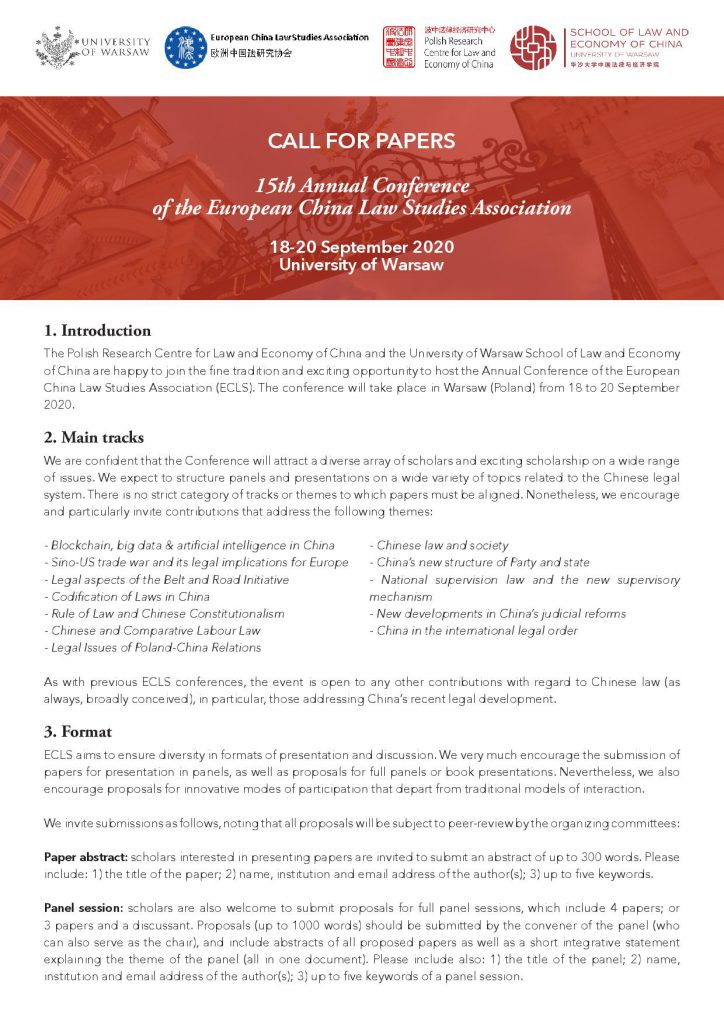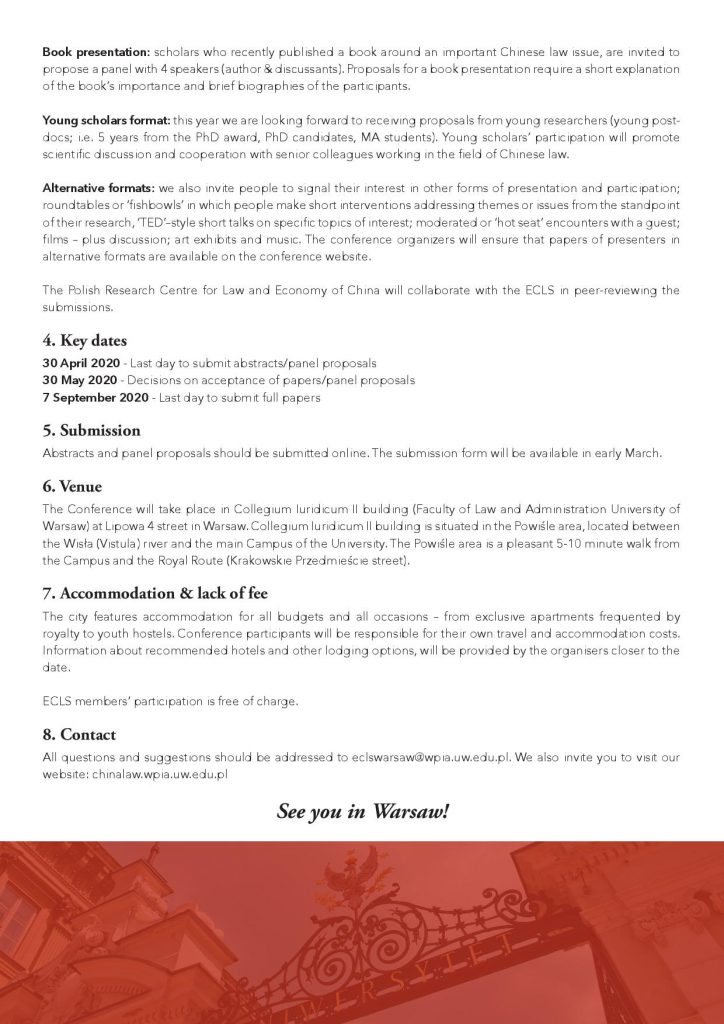The ECLS, together with the DGA (Deutsche Gesellschaft für Asienkunde) funds a workshop on “China and the Standardization of Digital Technologies” to be held at Humboldt University of Berlin, 10-11 June 2024.
Standards are technical documents that are negotiated by providers of products, services and practices to enable interoperability across different environments. Often barely visible albeit ubiquitous, they constitute a strong form of self-regulation in markets on the one hand, while also increasingly being directly mandated by governments to ensure legal compliance on the other. Standards formalize practices and provide a normative foundation for their predictability and persistence even across national borders, thereby facilitating geopolitical shifts behind the scenes, excluding some actors and including others. Standing out among emerging economies, the Chinese government has recognized the importance of standard-setting early on and invested considerably in building capacity and expertise in standardization over the past 25 years. Today, China’s regulatory framework and practices in digital technologies heavily rely on technical standards. Based on its domestic efforts in standardization and fuelled by its economic power, China also succeeded in moving from standard-taker to global standard-maker. Chinese standards, whether through China’s involvement with standard-setting in international bodies such as the International Organization for Standardization (ISO)or through de facto standardization by Chinese firms, increasingly permeate regions beyond China’s borders.
At the same time, standardization by Chinese stakeholders must not only be understood as a centralized, top-down, state-driven and planned process. Governmentally authorized technical experts are not the sole contributors in shaping the emergence of new standards, and whether and how they are implemented depends on the interests and strategies pursued by political, economic and societal stakeholders. In China like elsewhere, standards development depends on the input of a wide range of actors along the chain of production, dissemination and use of a standardized good or service. It is therefore imperative to approach standards and standardization through a bottom-up perspective, focusing on the dynamics and power relations that shape the negotiation and application of standards. China’s push for global leadership in standardization may be predominantly perceived as a hegemonial power grab, which is facilitated by China’s massive investments through its Belt and Road Initiative (BRI) and in many economies of the Global South. Nevertheless, the development and use of standards is inevitably grounded in and shaped by the respective local context, so that processes of adaptation and acculturation may heavily influence the global diffusion of Chinese standards.
Feel free to contact the organizers Daniel Sprick, Daniel Fuchs and Marianne von Blomberg at ChinaDigitalStandardsWorkshop@protonmail.com.



